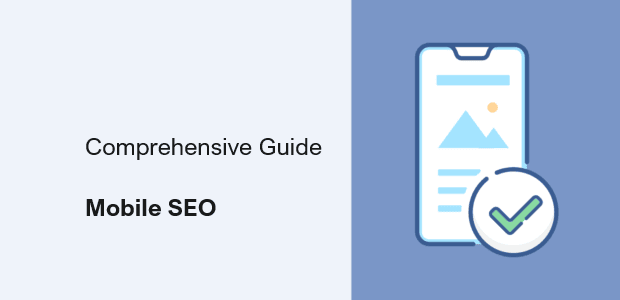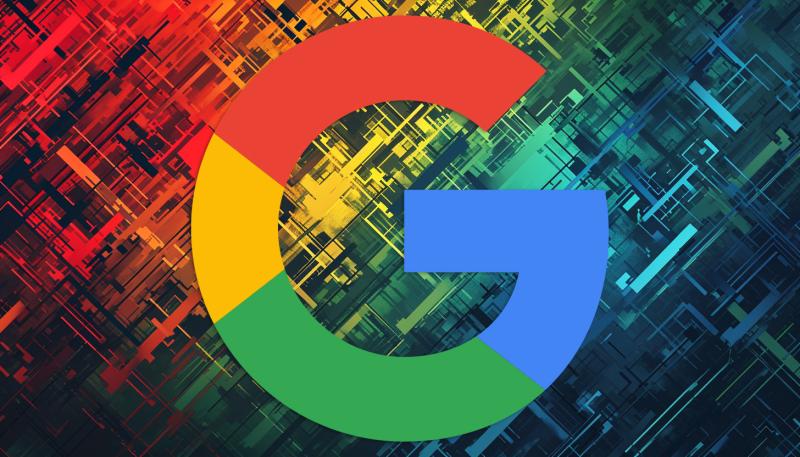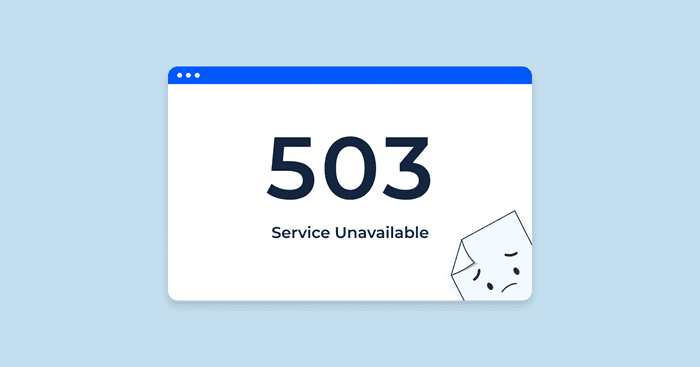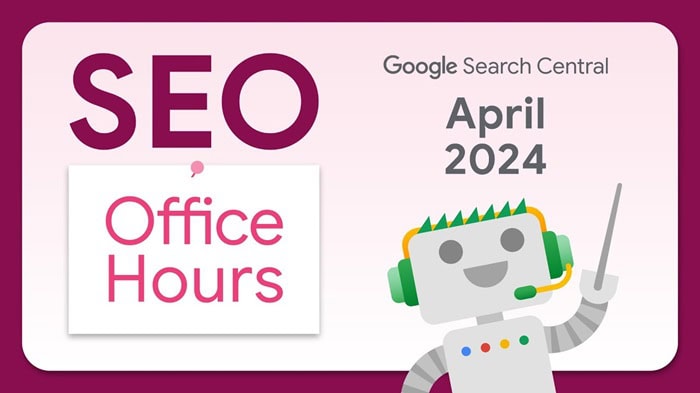Amidst the ongoing March 2024 Core update by Google, there’s a notable uncertainty regarding the influence of advertisements on search rankings.
Danny Sullivan, Google’s Search Liaison, recently took to Twitter to alleviate these concerns, affirming that websites featuring ads can still achieve high rankings in Google search results.
Tony Hill, a website owner, raised the issue, interpreting Sullivan’s previous guidance as indicating Google’s disapproval of ads.
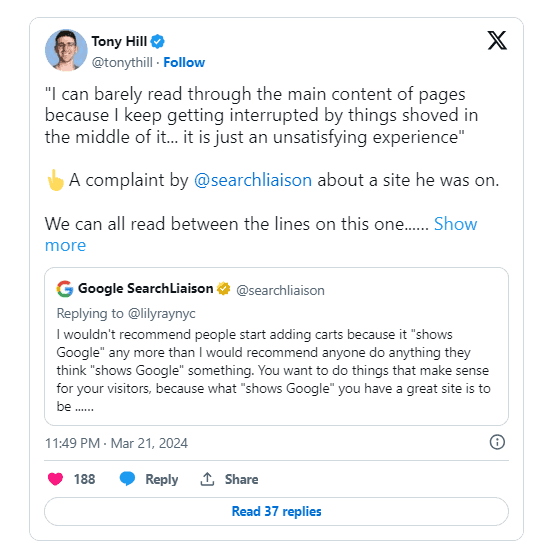
Hill highlights the abundance of ads observed in Google’s search results pages, particularly on mobile devices, and raises apprehensions regarding potential bias in Google’s algorithms against smaller websites dependent on ad-generated revenue. Sullivan clarified that many sites, regardless of size, successfully rank in Google Search while featuring ads.
He stressed that Google’s systems prioritize rewarding websites that offer a positive page experience, a principle that has long been established and remains unchanged.
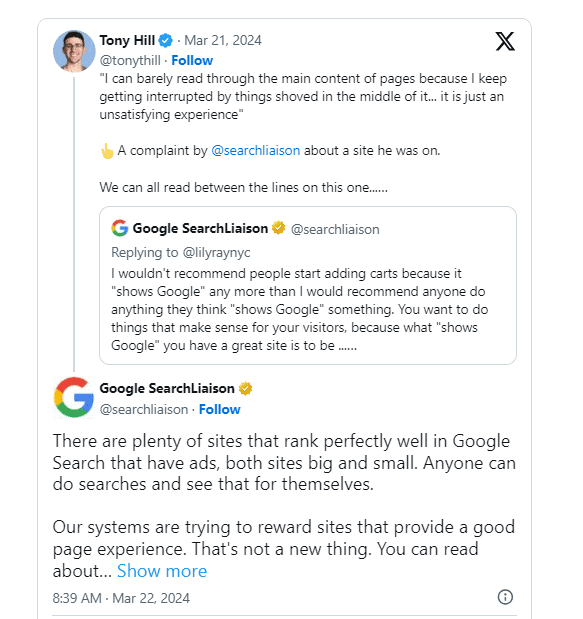
Ads do not directly influence rankings, according to Google’s page experience documentation. Sullivan pointed out that Core Web Vitals serve as direct ranking factors, while elements like excessive ads relative to main content are not among them.
The documentation specifies:
“Beyond Core Web Vitals, other page experience aspects don’t directly help your website rank higher in search results. However, they can make your website more satisfying to use, which is generally aligned with what our ranking systems seek to reward.”
Sullivan’s assertion finds backing in anecdotal evidence, as several websites have experienced ranking improvements after the core update, even with advertisements featured on their pages.
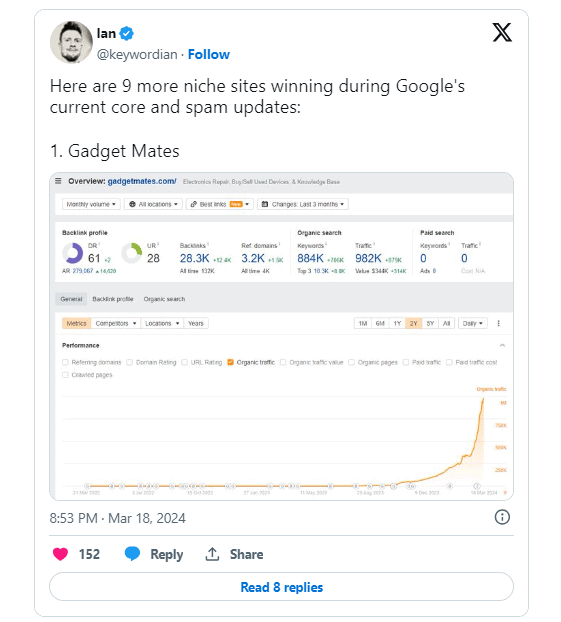
This indicates that advertisements alone don’t necessarily hinder a website’s capacity to achieve high rankings in Google’s search results.
Analyzing Sullivan’s Assertion
Taking into account Sullivan’s remarks and the broader discourse surrounding advertisements and search rankings, several additional points merit consideration. Firstly, although advertisements may not serve as direct ranking factors, their implementation can indirectly influence SEO.
Ads that are excessive or intrusive and disrupt user experience could potentially have a detrimental effect on search rankings. Hence, careful attention must be paid to the placement, quantity, and quality of ads. Google’s increasing reliance on ads within search results pages has sparked criticism, with some arguing that it establishes a double standard.
Google Says No Perfect Formula for Determining Search Rankings
The discussion started by Hill’s remarks also prompts questions regarding the fairness of Google’s treatment of smaller websites heavily dependent on ad revenue. While Sullivan asserts that websites of all sizes can achieve strong rankings with ads, there may be concerns regarding the level playing field.
While advertisements are a legitimate avenue for monetization, they should not overshadow a website’s fundamental value.
In Summary
The debate surrounding advertisements and search rankings underscores the delicate balance between user experience and the financial sustainability of websites. Ads play a significant role in providing access to much of the web content for users, often free of charge. However, maintaining a positive page experience remains critical in how Google’s algorithms evaluate and rank websites.
As you navigate the March 2024 core and spam updates, Sullivan’s clarification reaffirms that advertisements do not inherently compromise the attainment of robust search rankings.
Would you like to read more about “Google’s Search Liaison Clarifies That Ads Do Not Influence Search Rankings” related articles? If so, we invite you to take a look at our other tech topics before you leave!
Use our Internet marketing service to help you rank on the first page of SERP.




